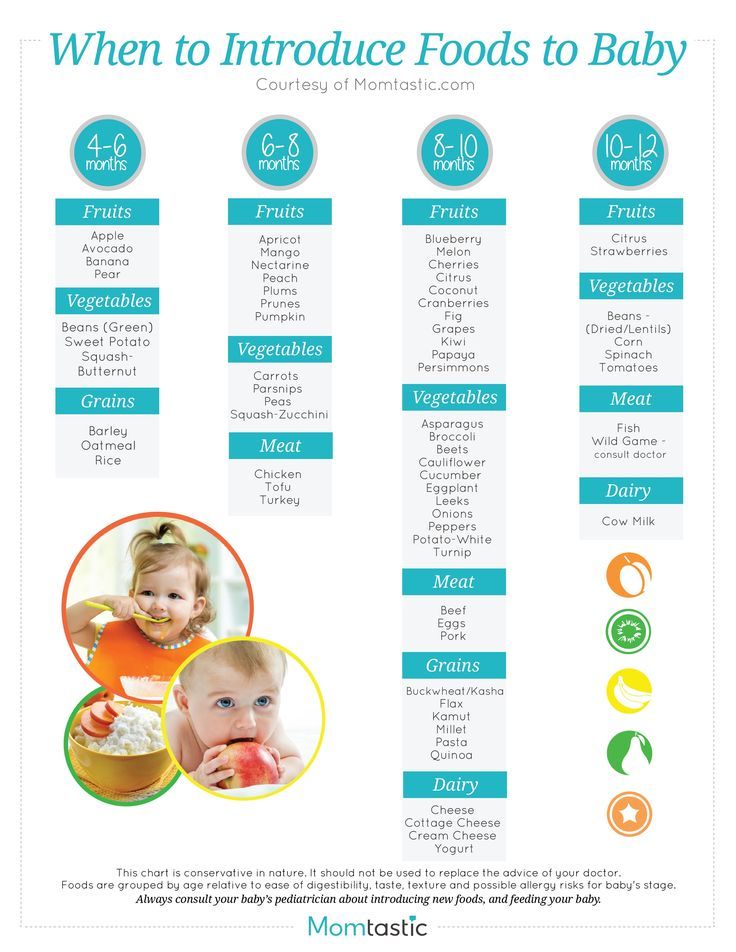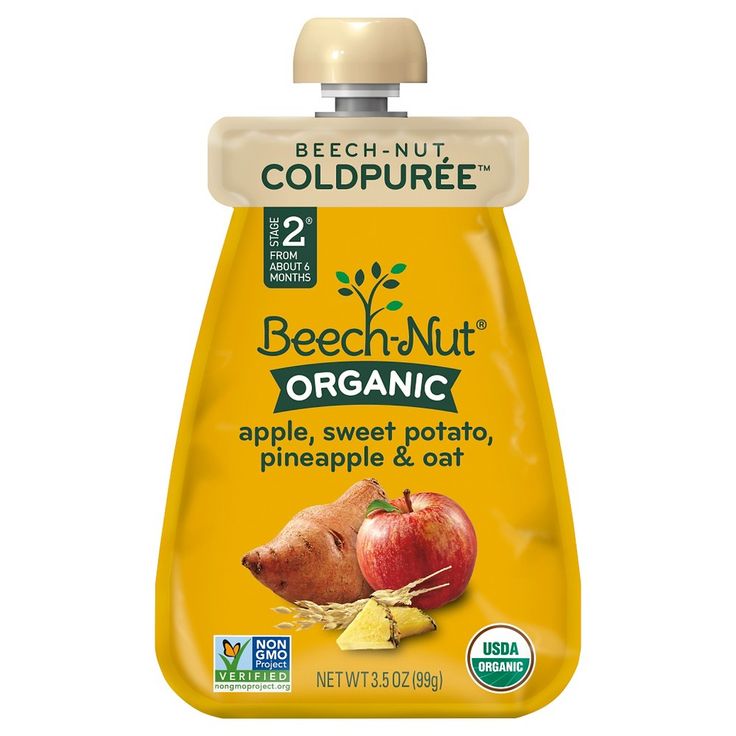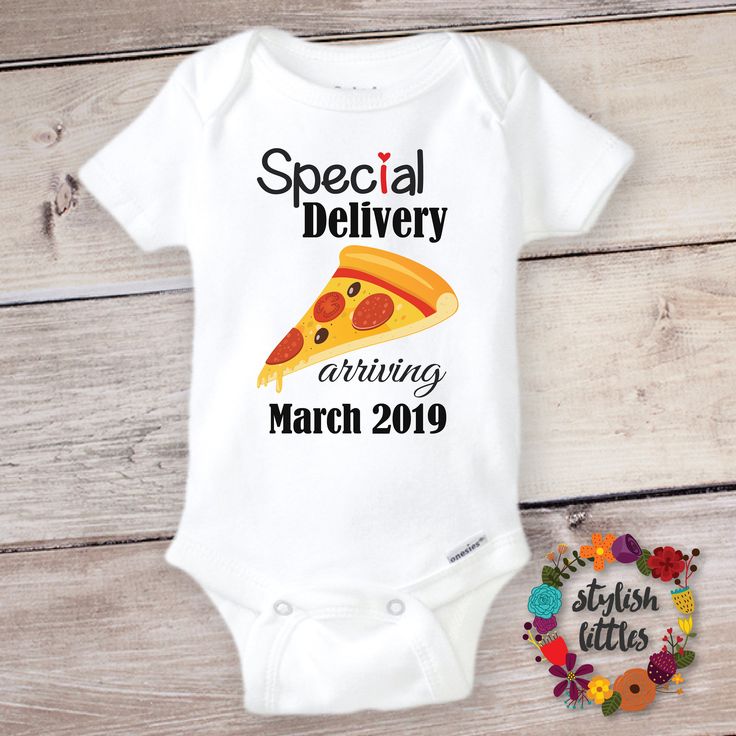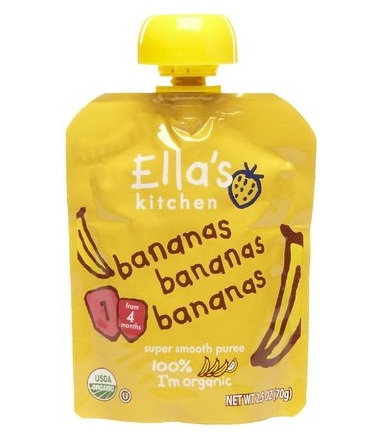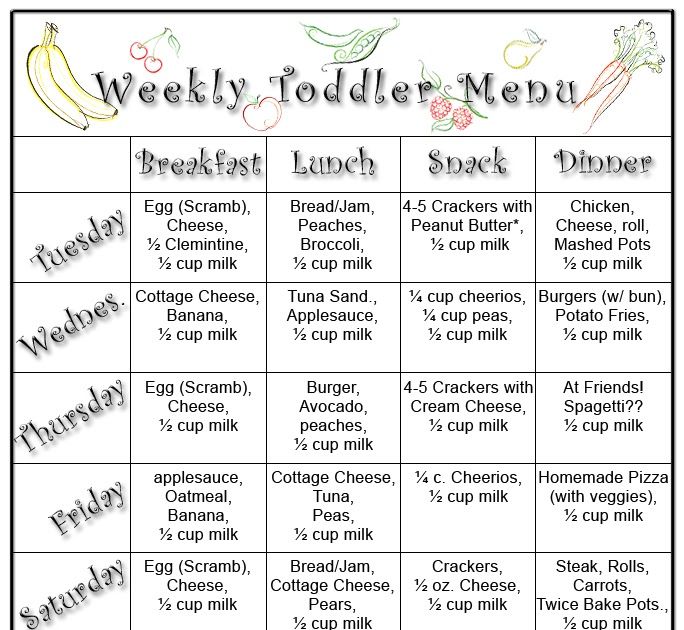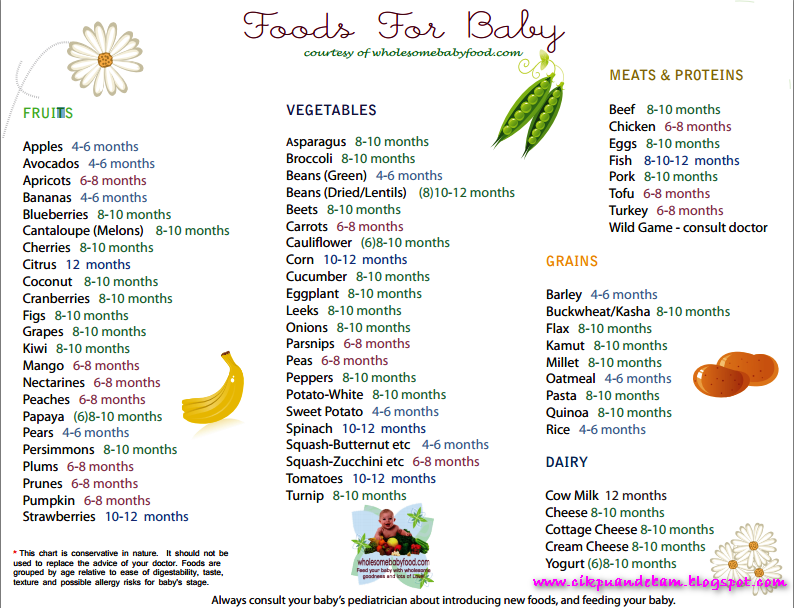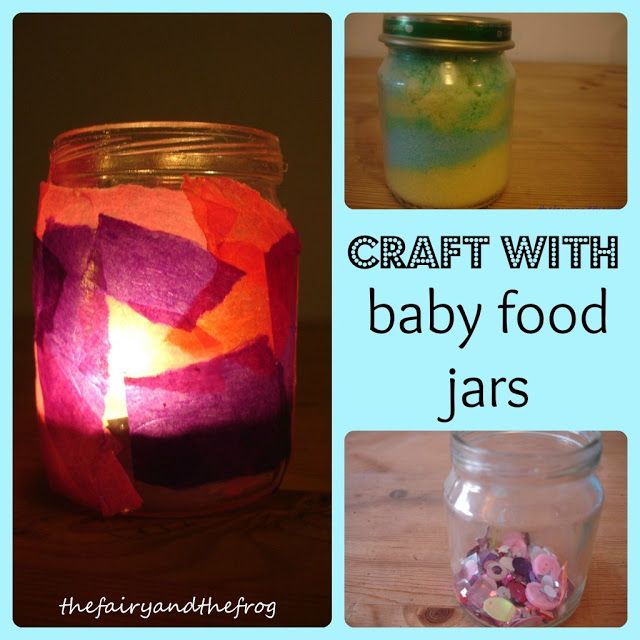How to start a baby food business
How to Start a Baby Food Business | Small Business
By Shanika Chapman
Parents interested in organic living or concerned about preservatives are very selective in choosing the best brand of baby food for their child. Capitalize on this growing market by offering a natural alternative to run of the mill baby food options. This industry affords you the opportunity to start small using your own savings and expand only when you have established your business or developed a repeat client base.
-
Research the local market. Visit local grocers and farmers' markets to learn of other baby food competitors in your area. Visit mainstream grocers, all-natural grocers, and specialty grocers to find more unconventional baby food options. Take note of the ingredients, company visions, charities or causes affiliated with each brand and logo. Use this data when developing your own logo, vision and brand.
-
Contact your health department to obtain a food handler's permit or manufacturing permit and to learn the rules governing the homemade food industry.
Review the U.S. Food and Drug Administration’s information on labeling and nutrition requirements.
-
Develop your logo, vision and brand. Some ideas include teaming up with a local or national charity, targeting “shop local” proponents by purchasing all of your fruits and vegetables from local organic farmers, or purchasing recycled glass containers and packaging materials for your food. Create a clever name for your business that represents your commitment to natural living. Then, register your business at your county clerk's office.
-
Develop healthy, natural baby food recipes free of preservatives, sugars, salt, fillers and artificial colors through a combination of steaming, roasting and pureeing. Think outside of the box. Combine fruits, spices, pastas and vegetables to create unique flavors. While babies make excellent test subjects, so do parents. Test your recipes on friends with children to gain feedback. Remember that appearance is everything. Bright, vivid baby food that looks fresh will be much more appealing.
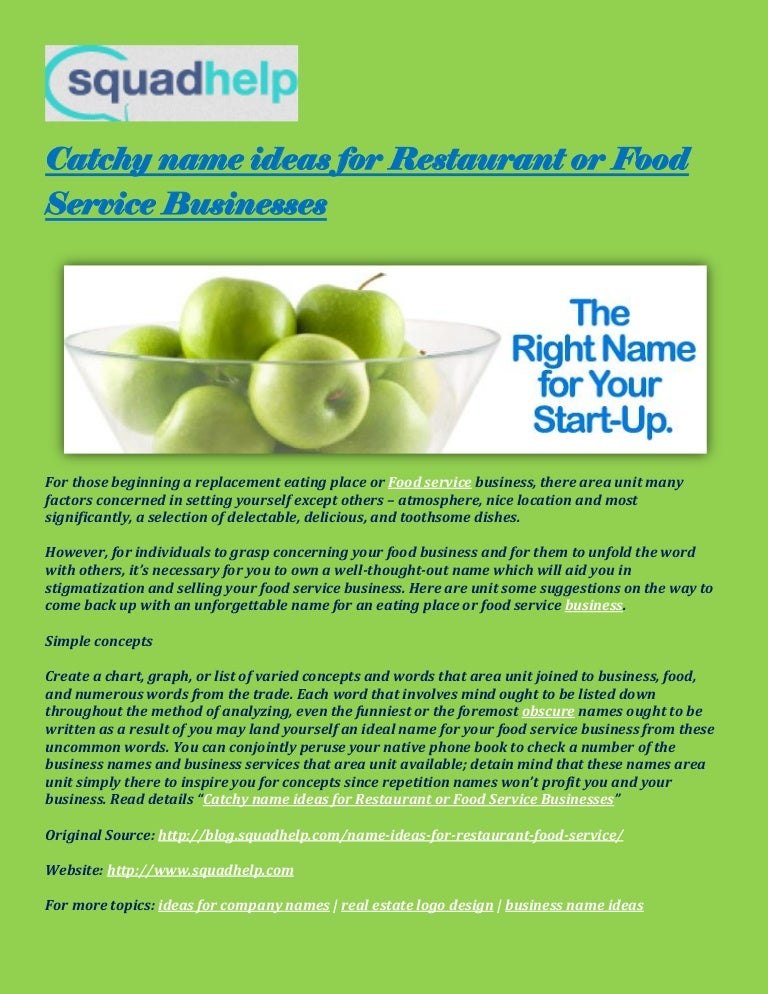 Consider taking a class in baby food making.
Consider taking a class in baby food making. -
Rent space in a licensed kitchen in order to prepare and package your food. Most states prohibit or highly regulate food made within the home for commercial use. Contact local caterers, churches and community centers about renting space. Submit finished products to a shelf life-testing facility.
-
Purchase your packaging materials. Select your baby food jars and create your baby labels, which will include any charities you associate with or donate to, your vision and all of the food's ingredients.
-
Develop nutritional analysis sheets that show the ingredients in branded baby food products and how they compare to yours. Point out that while your product is more expensive, babies consume less homemade food since it lacks artificial fillers. This will be a major selling point. You’ll want to hand these out every chance you get, such as at farmers' markets, local grocers, community centers, baby-friendly gyms, yoga and Pilates studios, and baby stores.
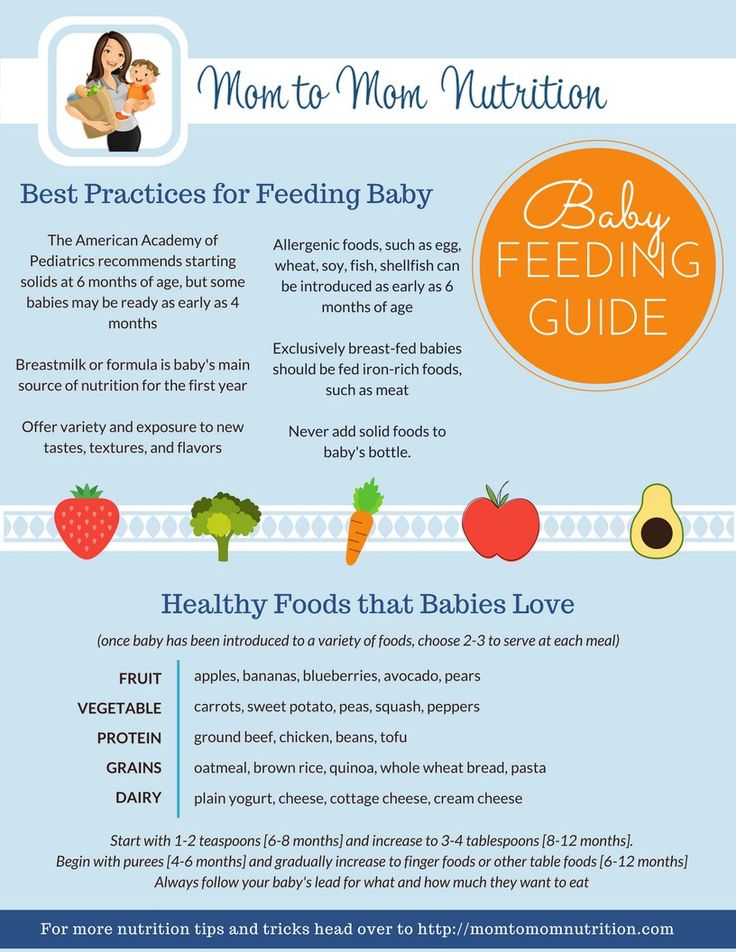
References
- Center for Science in the Public Interest: Nutritional Quality and Cost of Commercial Baby Food
- Virginia Tech: Starting a Food Business
Resources
- My Own Labels: Create Your Labels
- Commercial Kitchen for Rent: Find a Licensed Kitchen in Your Area
- FDA Labeling Guide
Tips
- Consider offering classes to moms on how to make homemade baby food. This won’t conflict with your business. Many of these moms won’t always have the time to make the food and will remember you when selecting store-bought food to supplement any homemade food.
- Parenting magazines are an excellent source for feedback on homemade baby food.
- Advertise with local doulas, pediatricians and midwifes.
- Purchase a liability insurance policy.
Writer Bio
Shanika Chapman has been writing business-related articles since 2009. She holds a Bachelor of Science in social science from the University of Maryland University College. Chapman also served for four years in the Air Force and has run a successful business since 2008.
Chapman also served for four years in the Air Force and has run a successful business since 2008.
How to Start a Baby Food Business
Start a baby food business by following these 10 steps:
- Plan your Baby Food Business
- Form your Baby Food Business into a Legal Entity
- Register your Baby Food Business for Taxes
- Open a Business Bank Account & Credit Card
- Set up Accounting for your Baby Food Business
- Get the Necessary Permits & Licenses for your Baby Food Business
- Get Baby Food Business Insurance
- Define your Baby Food Business Brand
- Create your Baby Food Business Website
- Set up your Business Phone System
There is more to starting a business than just registering it with the state. We have put together this simple guide to starting your baby food business. These steps will ensure that your new business is well planned out, registered properly and legally compliant.
We have put together this simple guide to starting your baby food business. These steps will ensure that your new business is well planned out, registered properly and legally compliant.
Exploring your options? Check out other small business ideas.
STEP 1: Plan your business
A clear plan is essential for success as an entrepreneur. It will help you map out the specifics of your business and discover some unknowns. A few important topics to consider are:
- What are the startup and ongoing costs?
- Who is your target market?
- How much can you charge customers?
- What will you name your business?
Luckily we have done a lot of this research for you.
What are the costs involved in opening a baby food business?
A baby food business can be started for fairly little money.
Business owners need a commercial kitchen to prepare food in and a retail space to sell food at.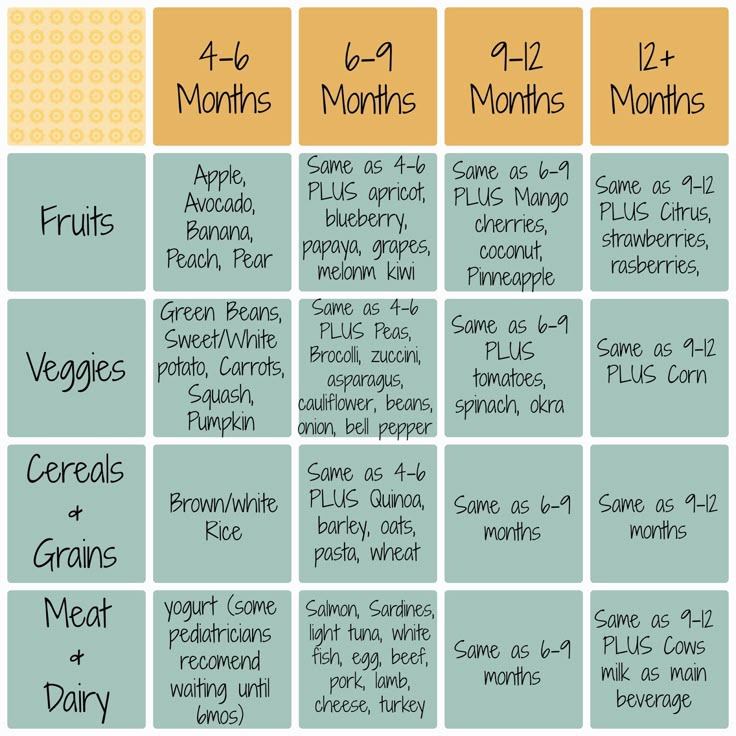 The cost of a kitchen can be kept low by renting a commercial kitchen at a church, VFW or other nonprofit organization. At first, an inexpensive booth at a farmer’s market can be used to sell in-person to customers.
The cost of a kitchen can be kept low by renting a commercial kitchen at a church, VFW or other nonprofit organization. At first, an inexpensive booth at a farmer’s market can be used to sell in-person to customers.
Other initial expenses include the price of ingredients and packaging supplies. These can be purchased in small quantities at first to keep upfront expenses down, though. As a business grows, more supplies can be bought with the revenue that’s brought in from sales.
What are the ongoing expenses for a baby food business?
The ongoing expenses for a baby food business include rental costs for a commercial kitchen and the cost of purchasing more supplies. These costs are minimal.
Who is the target market?
A baby food business’ ideal client is a new parent who wants to give their baby high-quality food and has discretionary income. Such a parent will likely be willing to pay a premium for good baby food, and they have the income required to buy premium baby food on a regular basis. Once hooked on a brand, a new parent will likely get baby food for several months or years. They’ll need baby food until their child can eat solid food.
Once hooked on a brand, a new parent will likely get baby food for several months or years. They’ll need baby food until their child can eat solid food.
How does a baby food business make money?
A baby food business makes money by selling packaged baby food. Businesses may sell baby food to customers in-person or online. Or, they may sell through other retailers.
How much can you charge customers?
Most baby food comes in a small package that lasts a few meals, at most. These packages generally sell for a few dollars, and sometimes even less than $1.00. Organic and premium baby foods command higher prices than non-organic foods.
While businesses can’t charge a lot for individual packages of baby food, parents usually buy several packages at once. Additionally, parents buy baby food for several months after their baby begins eating food. Investopedia places the amount parents spend on baby food each month at about $60.
How much profit can a baby food business make?
Baby food businesses can be highly profitable.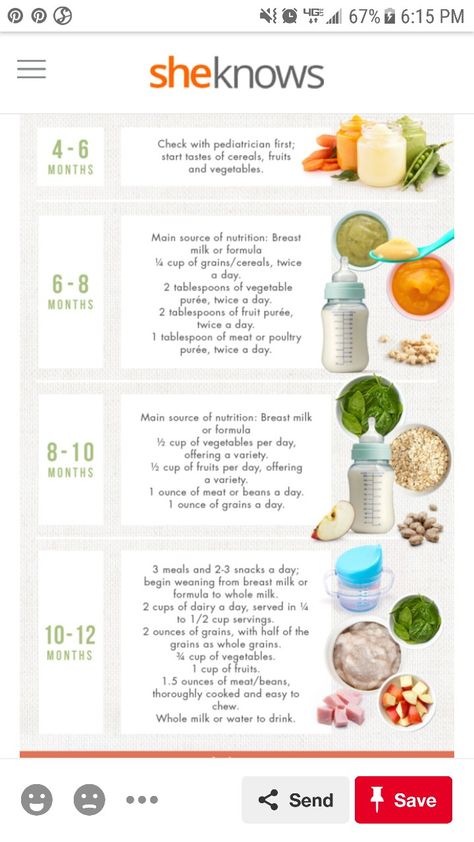 When she was selling baby food only at a local farmer’s market, Carlson brought in $30,000 a month. Businesses that get their foods into national retailers can bring in millions each year.
When she was selling baby food only at a local farmer’s market, Carlson brought in $30,000 a month. Businesses that get their foods into national retailers can bring in millions each year.
How can you make your business more profitable?
Baby food businesses can increase profitability by shipping baby food to customers. Little Spoon is a baby food business that does this.
What will you name your business?
Choosing the right name is important and challenging. If you don’t already have a name in mind, visit our How to Name a Business guide or get help brainstorming a name with our Baby Food Business Name Generator
If you operate a sole proprietorship, you might want to operate under a business name other than your own name. Visit our DBA guide to learn more.
When registering a business name, we recommend researching your business name by checking:
- Your state's business records
- Federal and state trademark records
- Social media platforms
- Web domain availability.

It's very important to secure your domain name before someone else does.
STEP 2: Form a legal entity
The most common business structure types are the sole proprietorship, partnership, limited liability company (LLC), and corporation.
Establishing a legal business entity such as an LLC or corporation protects you from being held personally liable if your baby food business is sued.
Form Your LLC
Read our Guide to Form Your Own LLC
Select Your StateAlabamaAlaskaArizonaArkansasCaliforniaColoradoConnecticutDelawareDistrict Of ColumbiaFloridaGeorgiaHawaiiIdahoIllinoisIndianaIowaKansasKentuckyLouisianaMaineMarylandMassachusettsMichiganMinnesotaMississippiMissouriMontanaNebraskaNevadaNew HampshireNew JerseyNew MexicoNew YorkNorth CarolinaNorth DakotaOhioOklahomaOregonPennsylvaniaRhode IslandSouth CarolinaSouth DakotaTennesseeTexasUtahVermontVirginiaWashingtonWest VirginiaWisconsinWyomingHave a Professional Service Form your LLC for You
Two such reliable services:
- Northwest ($29 + State Fees)
- LegalZoom ($79 + State Fees)
You can form an LLC yourself and pay only the minimal state LLC costs or hire one of the Best LLC Services for a small, additional fee.
Recommended: You will need to elect a registered agent for your LLC. LLC formation packages usually include a free year of registered agent services. You can choose to hire a registered agent or act as your own.
STEP 3: Register for taxes
You will need to register for a variety of state and federal taxes before you can open for business.
In order to register for taxes you will need to apply for an EIN. It's really easy and free!
You can acquire your EIN for free through the IRS website, via fax, or by mail. If you would like to learn more about EINs and how they can benefit your LLC, read our article, What is an EIN?.
Learn how to get an EIN in our What is an EIN guide or find your existing EIN using our EIN lookup guide.
Small Business Taxes
Depending on which business structure you choose, you might have different options for how your business will be taxed. For example, some LLCs could benefit from being taxed as an S corporation (S corp).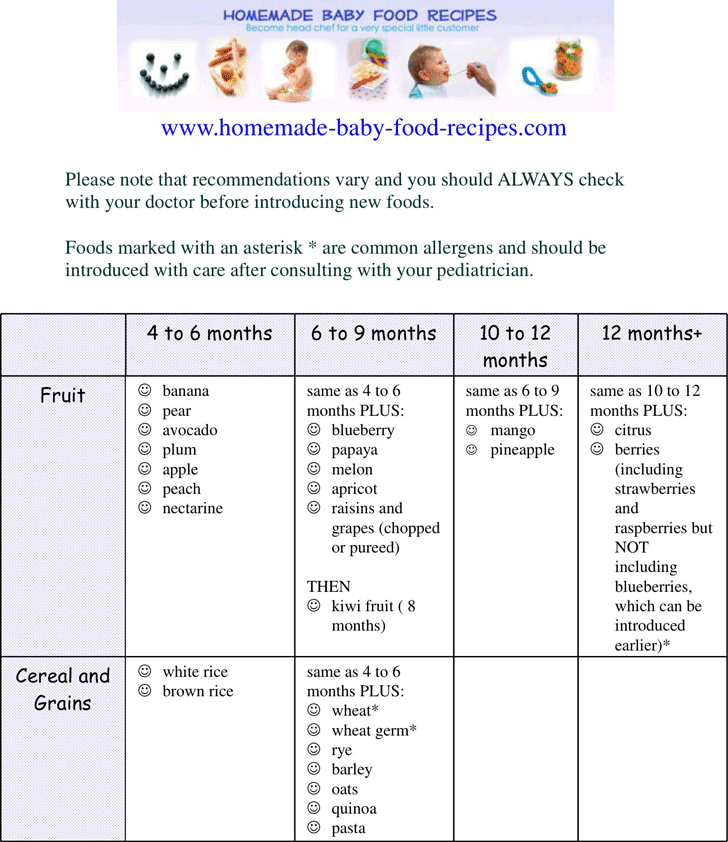
You can learn more about small business taxes in these guides:
- LLC Taxes
- Sole Proprietorship vs LLC
- LLC vs Corporation
- LLC vs S Corp
- How to Start an S Corp
- S Corp vs C Corp
There are specific state taxes that might apply to your business. Learn more about state sales tax and franchise taxes in our state sales tax guides.
STEP 4: Open a business bank account & credit card
Using dedicated business banking and credit accounts is essential for personal asset protection.
When your personal and business accounts are mixed, your personal assets (your home, car, and other valuables) are at risk in the event your business is sued. In business law, this is referred to as piercing your corporate veil.
Additionally, learning how to build business credit can help you get credit cards and other financing in your business's name (instead of yours), better interest rates, higher lines of credit, and more.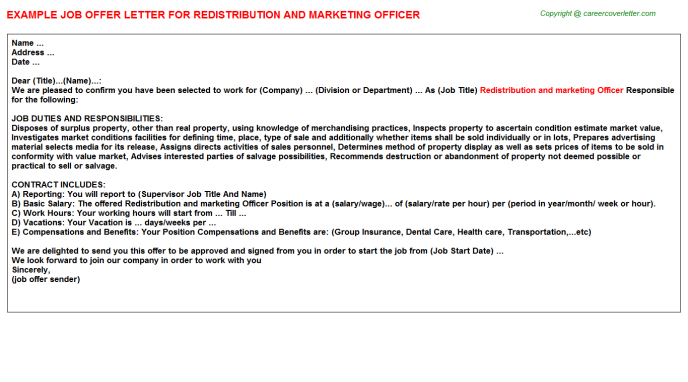
Open a business bank account
Besides being a requirement when applying for business loans, opening a business bank account:
- Separates your personal assets from your company's assets, which is necessary for personal asset protection.
- Makes accounting and tax filing easier.
Recommended: Read our Best Banks for Small Business review to find the best national bank or credit union.
Open net 30 accounts
Net 30 accounts are used to establish and build business credit as well as increase business cash flow. With a net 30 account, businesses buy goods and repay the full balance within a 30-day term.
NetMany net 30 credit vendors report to the major business credit bureaus (Dun & Bradstreet, Experian Business, and Equifax Business Credit). This is how businesses build business credit so they can qualify for credit cards and other lines of credit.
Recommended: Read our best net 30 vendors, guide and start building business credit.
Get a business credit card
Getting a business credit card helps you:
- Separate personal and business expenses by putting your business' expenses all in one place.
- Build your company's credit history, which can be useful to raise money later on.
Recommended: Apply for an easy approval business credit card from Divvy and build your business credit quickly.
STEP 5: Set up business accounting
Recording your various expenses and sources of income is critical to understanding the financial performance of your business. Keeping accurate and detailed accounts also greatly simplifies your annual tax filing.
Make LLC accounting easy with our LLC Expenses Cheat Sheet.
STEP 6: Obtain necessary permits and licenses
Failure to acquire necessary permits and licenses can result in hefty fines, or even cause your business to be shut down.
State & Local Business Licensing Requirements
Certain state permits and licenses may be needed to operate a baby food business.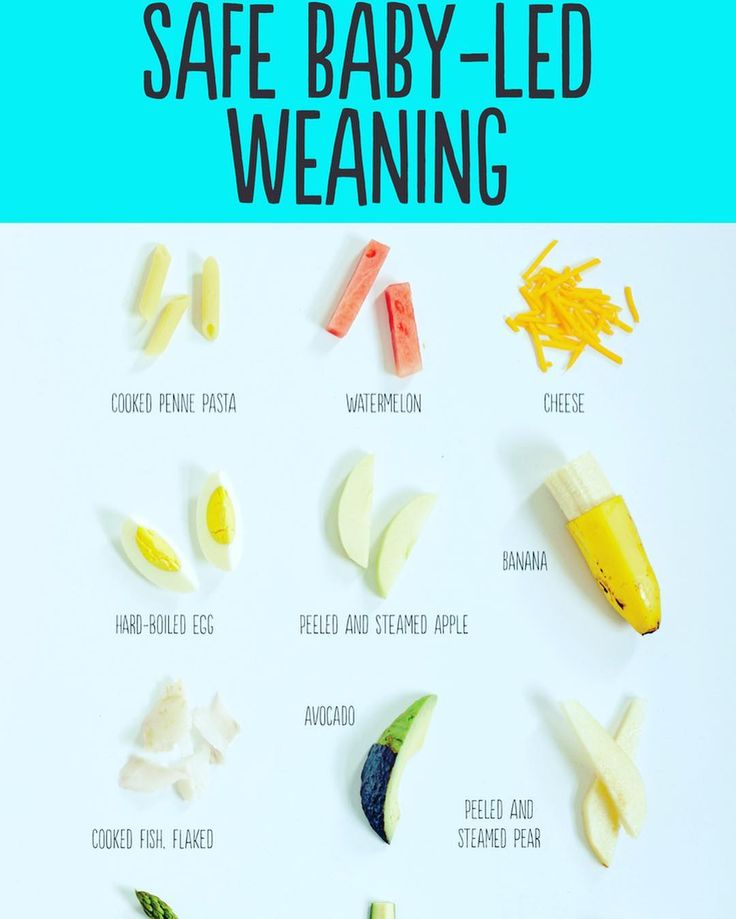 Learn more about licensing requirements in your state by visiting SBA’s reference to state licenses and permits.
Learn more about licensing requirements in your state by visiting SBA’s reference to state licenses and permits.
Most businesses are required to collect sales tax on the goods or services they provide. To learn more about how sales tax will affect your business, read our article, Sales Tax for Small Businesses.
For more information about local licenses and permits:
- Check with your town, city or county clerk’s office
- Get assistance from one of the local associations listed in US Small Business Associations directory of local business resources.
Food Regulations
When selling food, you will need licensing from a local health department; all establishments serving food are required to pass a health inspection. Tips for faring well on a health inspections
There are federal regulations regarding what can and cannot be added to, sold as, and processed with food. Attached is a resource from the Food and Drug Administration detailing the process of starting a food business: How to Start a Food Business
STEP 7: Get business insurance
Just as with licenses and permits, your business needs insurance in order to operate safely and lawfully.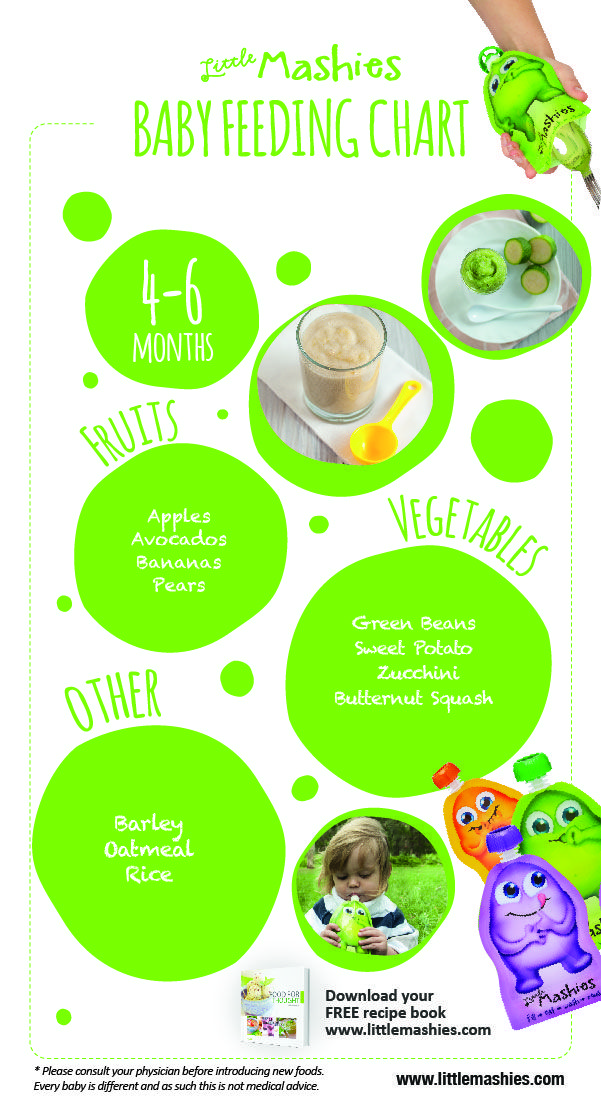 Business Insurance protects your company’s financial wellbeing in the event of a covered loss.
Business Insurance protects your company’s financial wellbeing in the event of a covered loss.
There are several types of insurance policies created for different types of businesses with different risks. If you’re unsure of the types of risks that your business may face, begin with General Liability Insurance. This is the most common coverage that small businesses need, so it’s a great place to start for your business.
Learn more about General Liability Insurance.
Another notable insurance policy that many businesses need is Workers’ Compensation Insurance. If your business will have employees, it’s a good chance that your state will require you to carry Workers' Compensation Coverage.
Recommended: Learn what business insurance for your Baby Food Business will cost.
Business Insurance for
Baby Food Business
STEP 8: Define your brand
Your brand is what your company stands for, as well as how your business is perceived by the public.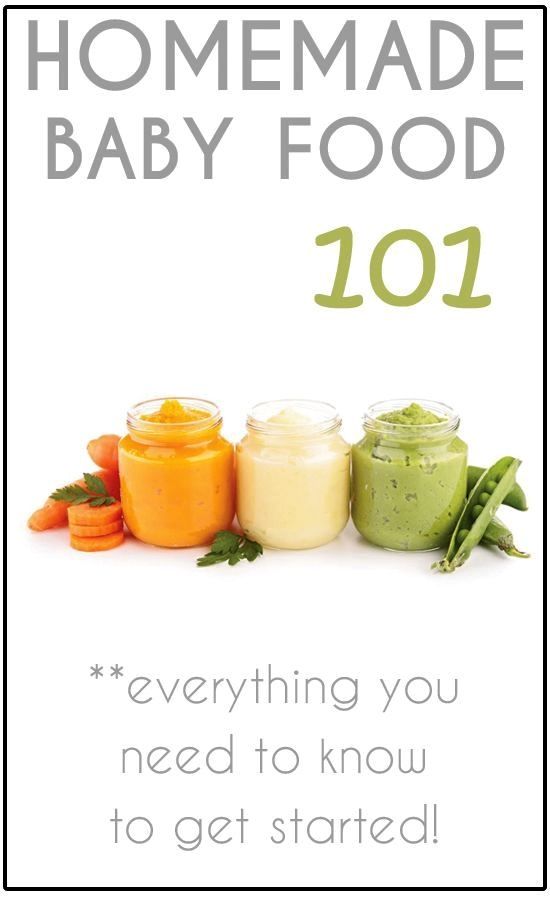 A strong brand will help your business stand out from competitors.
A strong brand will help your business stand out from competitors.
If you aren't feeling confident about designing your small business logo, then check out our Design Guides for Beginners, we'll give you helpful tips and advice for creating the best unique logo for your business.
Recommended: Get a logo using Truic's free logo Generator no email or sign up required, or use a Premium Logo Maker.
If you already have a logo, you can also add it to a QR code with our Free QR Code Generator. Choose from 13 QR code types to create a code for your business cards and publications, or to help spread awareness for your new website.
How to promote & market a baby food business
One of the best ways to market a new baby food business is to directly connect with customers. Parents will recommend a business to other parents if they're pleased with the product. New parents are always asking each other about different things they need.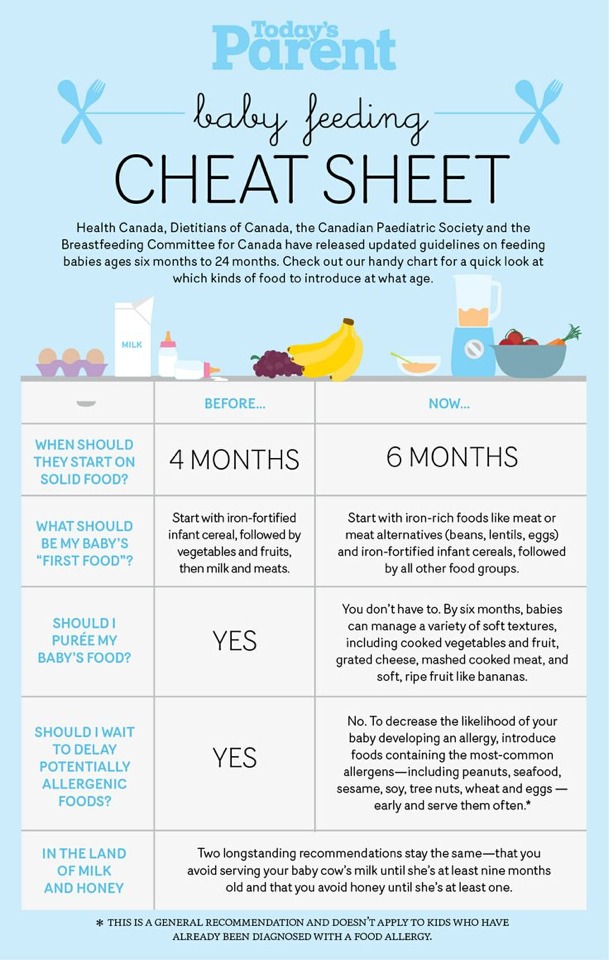
Connecting with customers directly lets business owners get feedback on their foods and make adjustments. This ensures that business owners develop a product parents like.
How to keep customers coming back
A baby food business can set itself apart from other businesses in the industry by specializing in a particular type of baby food. For example, a business might offer only organic foods, or it might focus on locally sourced foods.
Still unsure about what kind of business you want to start? Check out the latest Small Business Trends to help inspire you.
STEP 9: Create your business website
After defining your brand and creating your logo the next step is to create a website for your business.
While creating a website is an essential step, some may fear that it’s out of their reach because they don’t have any website-building experience. While this may have been a reasonable fear back in 2015, web technology has seen huge advancements in the past few years that makes the lives of small business owners much simpler.
Here are the main reasons why you shouldn’t delay building your website:
- All legitimate businesses have websites - full stop. The size or industry of your business does not matter when it comes to getting your business online.
- Social media accounts like Facebook pages or LinkedIn business profiles are not a replacement for a business website that you own.
- Website builder tools like the GoDaddy Website Builder have made creating a basic website extremely simple. You don’t need to hire a web developer or designer to create a website that you can be proud of.
Using our website building guides, the process will be simple and painless and shouldn’t take you any longer than 2-3 hours to complete.
Recommended: Get started today using our recommended website builder or check out our review of the Best Website Builders.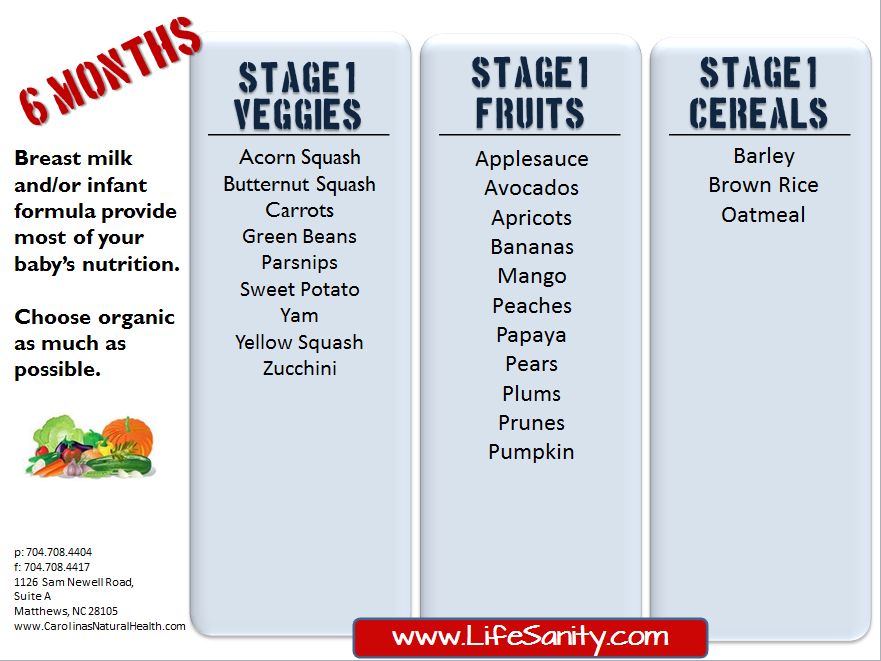
Other popular website builders are: WordPress, WIX, Weebly, Squarespace, and Shopify.
STEP 10: Set up your business phone system
Getting a phone set up for your business is one of the best ways to help keep your personal life and business life separate and private. That’s not the only benefit; it also helps you make your business more automated, gives your business legitimacy, and makes it easier for potential customers to find and contact you.
There are many services available to entrepreneurs who want to set up a business phone system. We’ve reviewed the top companies and rated them based on price, features, and ease of use. Check out our review of the Best Business Phone Systems 2023 to find the best phone service for your small business.
Recommended Business Phone Service: Phone.com
Phone.com is our top choice for small business phone numbers because of all the features it offers for small businesses and it's fair pricing.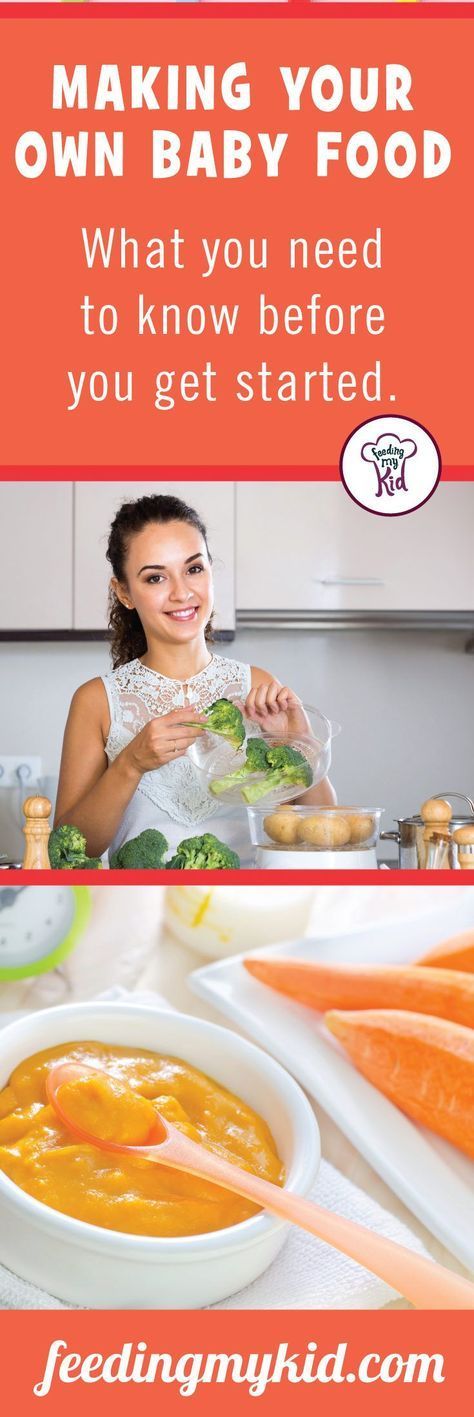
Start a Baby Food Business in your State
- Alabama
- Alaska
- Arizona
- Arkansas
- California
- Colorado
- Connecticut
- Delaware
- District of Columbia
- Florida
- Georgia
- Hawaii
- Idaho
- Illinois
- Indiana
- Iowa
- Kansas
- Kentucky
- Louisiana
- Maine
- Maryland
- Massachusetts
- Michigan
- Minnesota
- Mississippi
- Missouri
- Montana
- Nebraska
- Nevada
- New Hampshire
- New Jersey
- New Mexico
- New York
- North Carolina
- North Dakota
- Ohio
- Oklahoma
- Oregon
- Pennsylvania
- Rhode Island
- South Carolina
- South Dakota
- Tennessee
- Texas
- Utah
- Vermont
- Virginia
- Washington
- West Virginia
- Wisconsin
- Wyoming
How to open a baby food production
OPENING A BABY FOOD FACTORY
Opening a baby food factory in Ukraine:
- Full range of services.
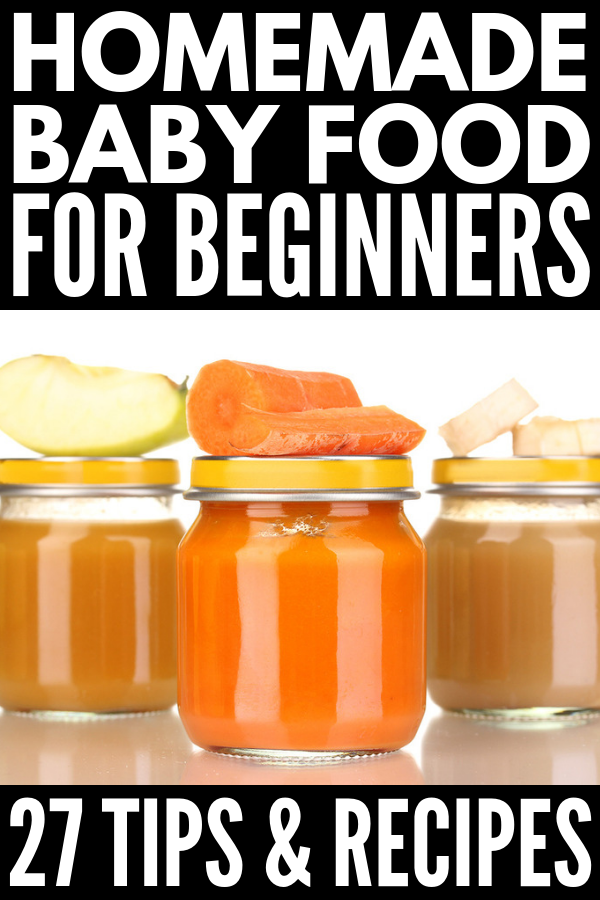
- The shortest possible time.
- High quality.
- Guaranteed result.
Preliminary consultation
9000.00 UAH
Order a service
Branch of the legal company "EUROVECTOR"
City: Odessa
Address: st. Bolshaya Arnautskaya 45
Phone: +38 (048) 771 - 91 - 05
+38 (093) 190 - 70 - 47
+38 (096) 518 - 28 - 38
+38 (099) 518 - 28 - 38
E-mail: [email protected]
[email protected]
Skype: evrovektor
Customer
UK EUROVECTOR
Call the office of the law firm EUROVECTOR or fill out an application on the website - 5 minutes.
1
Administrator response, appointment for a consultation with a specialist - 5 min.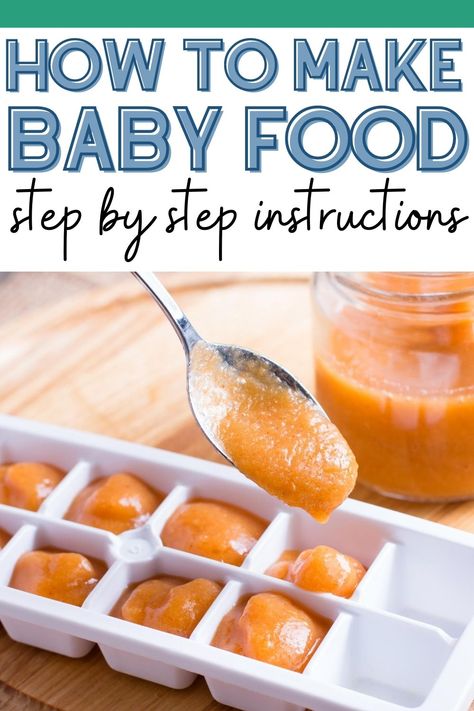
Get a consultation about services, fill out an application, make an advance payment in the amount of 70% of the total amount of services to the company's current account - 20 min.
2
Provides advice on a range of services, helps to fill out an application, draws up an agreement, an invoice in the amount of 70% of the cost of a range of services - 20 min.
Provide personally, through an authorized person or through the post office (documents required to receive the service) - 10 min.
3
Prepares the documentation necessary for the performance of the service - the terms established by the contract.
Resting or minding his own business.
4
Performs the service - terms established by the contract.
Accept the completed package of services from the law firm EUROVECTOR and pay the balance in the amount of 30% - 20 min.
5
Transfer the completed set of services to the Customer and accept payment in the amount of 30% - 20 min.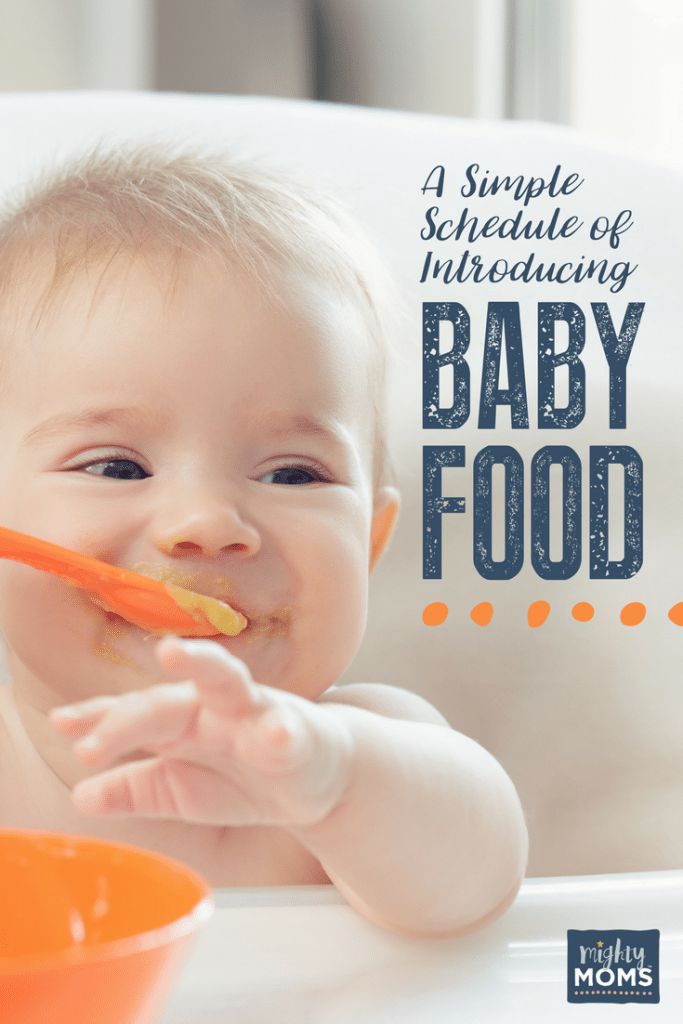
Total 55 min
Total contractual terms.
Dear readers, partners, clients of the company. We try to keep our articles described in the services up to date and promptly make changes to them, however, UC EUROVECTOR does not guarantee that the services, procedures, list of documents, government payments or the cost of our services described in this article are relevant at the time reading the article by you.
Articles for the services described on the EUROVECTOR Law Firm website are the vision and opinion of the authors, and the services themselves offered by the law firm are advisory in nature and reflect the relevance of legislative acts at the time of publication of the service.
Information, references to legislation or other articles on the services of UC EUROVECTOR do not guarantee their relevance or completeness, because:
1 Today, the legislation of Ukraine tends to constant changes, additions and exceptions.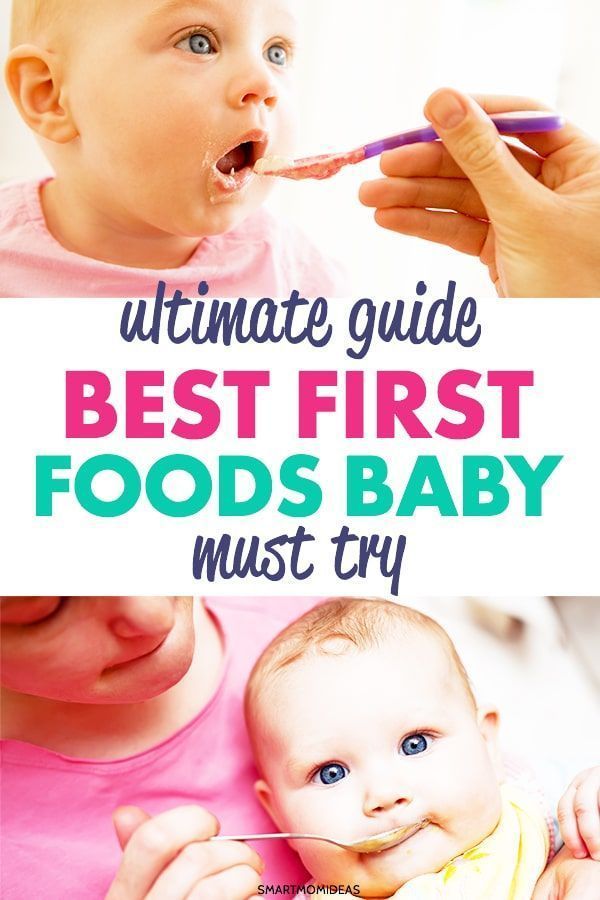
2 The information may be sufficient for the provision of services by UC EUROVECTOR, but not enough for independent use. Before you independently carry out the procedures described in this article, the service, you should carefully read the current legislation. In addition to legislation, there are also practical aspects of its application and technical features of various procedures.
We will be grateful if you contact our specialists.
Hello! I have the following question: what equipment do you need to have to open a baby food production?
06.22.2022
Read more
Documents for the production of alcohol-raw
Read more
Documents for the production of whiskey, brandy, rum
Read more
How to open a beauty salon
found an error in the text? Highlight and press Ctrl+Enter
Facebook Twitter Google+ Skype bot Mail
READY EXAMPLES OF BUSINESS PROJECTS | Entrepreneurship Development Center
Please note that the materials below contain only examples of typical business plans.